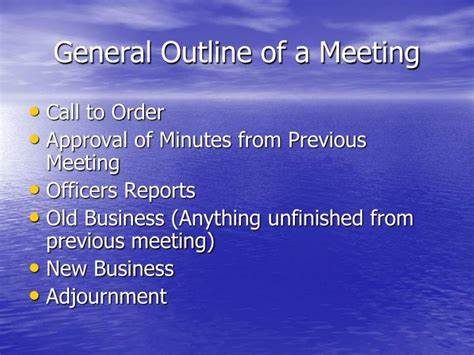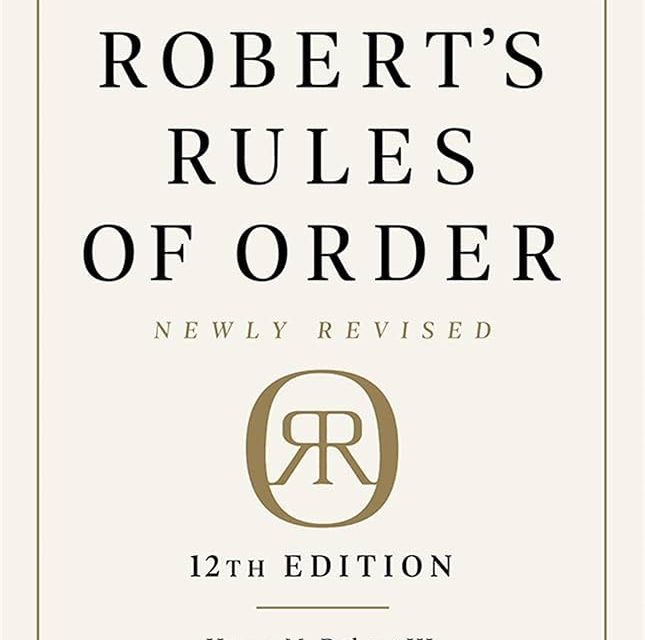Even if you supported the purchase of the Sheraton Hotel, as I did, the speed in which it rushed its way through Memphis City Council was disconcerting, amplified by the questionable violation of Roberts Rules of Order to approve “same night minutes.”
Apparently the Council members’ visit to the hotel sealed the deal as they saw firsthand the substandard place trying lamely to serve as Memphis’s “convention center hotel.” Onsite inspections conveniently aren’t covered by the Tennessee Open Meetings Act so the tour of the Sheraton also served the purpose of allowing conversations there that are not legally defined as an official meeting.
Once back to the regular City Council meeting of the day, it took all of two minutes for the unanimous 9-0 vote to take place (J. Ford Canale and Rhonda Logan did not vote and Philip Spinosa and Chase Carlisle were absent), which included the reading of Resolution 26 which called for the Memphis Center City Revenue Finance Corporation to issue $30 million in revenue bonds as a loan to City of Memphis.
The resolution said the loan is “for the purpose of funding a portion of the project and for other purposes set forth herein; consenting to the terms regarding the issuance, sales, and delivery of the economic development revenue bond and authority the City of Memphis, Tennessee, to accept such borrowing from the Memphis Center City Revenue Finance Corporation for the purpose set forth herein; authorizing the preparations, execution and delivery of a trust indenture, a loan agreement, a bond purchase documents with respect to the financing, and authorizing certain other matters and all necessary actions with respect for the foregoing.”
What’s the Rush?
Whew. With a resolution of such significant consequences and with so many undefined terms, it was reasonable to expect City Council members to ask the many questions the resolution had prompted and in the process explain their positive vote to city voters.
But that was not to be. Council Chairman J.B. Smiley called a vote so quickly that it sparked rumors, hopefully unfounded, that some dealmaking about Council perks had been made in exchange for the rush to a vote.
Left unexplained was why there was such a sense of urgency in the first place to get this deal done. Council members were mute to that point. More than anything, the vote came off as a case study of disregard for the many public questions about the plan and the justifications (which were compelling for me, as explained in this blog post) that could have mitigated the social media furor that accompanied the announcement about the hotel’s purchase.
To make sure their action was final and could not be questioned later, City Council approved the hotel purchase with “same night minutes,” which is the most abused ana questionable parliamentary procedure used by the legislative body.
The Council Rules of Procedure states: “Items appearing on the Fiscal Consent Agenda will be approved with same night minutes. Any item requiring a city match will be added on the Fiscal Consent Agenda only after it has received approval in the appropriate committee and a motion has been made to add the item.”
It’s Political Manipulation
Over time, requests for same night minutes have become as routine as motions to adjourn and all kinds of resolutions now are lumped into that category. In its last meeting alone, it called for eight resolutions, including the one about the Sheraton Hotel, to be included in same night minutes.
As a result, City Council actually approved two sets of minutes – one for the previous meeting September 24, 2024, and one for the meeting it just held. Apparently, a sparse version of the minutes was given to Chairman Smiley as the last meetings wound to the end and he appeared to hand them to Swearengen-Washington who made the motion for same night minutes.
 Unlike approval of most minutes, she – nor did anyone else on Council – say they had read the minutes of the meeting just completed. Even if the action threads a needle on Robert’s Rules of Order, the action immediately locks down a vote and eliminates any opportunity for the public to speak on it at the next meeting.
Unlike approval of most minutes, she – nor did anyone else on Council – say they had read the minutes of the meeting just completed. Even if the action threads a needle on Robert’s Rules of Order, the action immediately locks down a vote and eliminates any opportunity for the public to speak on it at the next meeting.
It’s called a “request for same night minutes,” and while it may sound benign, it allows a Council member to put a resolution on the agenda, have it voted on, and then approve the minutes so it is considered final.
The following is a post previously written on this blog by Jimmie Covington, veteran Memphis reporter with extensive experience and expertise in government and an authority about Robert’s Rules of order:
By Jimmie Covington
The Memphis City Council has created new terms and a practice that are not used by any other governing bodies in Tennessee and probably not by any public body elsewhere in the United States.
The terms are “same-day minutes” and “same-night minutes” and the practice involves approving same-day or same-night minutes on items approved during a meeting that they want to send on to the mayor for his action without any further council action.
It is all because council members have for decades treated Memphis citizens unfairly by linking final actions on matters before the body to approval of meeting minutes.
But since linking of the two sometimes creates problems, they have come up with a way to get around it when timing is important.
And their rule actually does not state that approval of the minutes is required to make council actions official. It just says that a motion to reconsider an item must be made prior to approval of the minutes in which the first vote was cast.
Under Robert’s Rules of Order, which has always governed most of the procedures followed by the council, a governmental body cannot reconsider an item that has gone into effect or started to go into effect.
And there is no need to have so-called “same-day or same-night minutes.” On any item passed by the council, all that has to occur is the signing of the resolution or ordinance by the council chairman, certification by the comptroller and submission of the document to the mayor.
Another way to make sure that something cannot be reconsidered is for someone on the prevailing side to make a motion to reconsider something on the same day it is passed and the council then can reject the reconsideration. Under Robert’s, an item cannot be reconsidered twice.
So what if the council really makes a mistake and needs to change something?
Parliamentary rules always allow an action to be rescinded (except the appointment of someone to an elected office which goes into effect immediately).
Local, state and national parliamentary procedure organizations were asked about the Memphis council’s minutes practice for a story last year but no one wanted to comment.
If parliamentary groups advocate the adoption of good procedures that will treat citizens fairly, they need to speak up. Also, the minutes-council action link may be something that voters want to ask candidates about in next council election.
It is only fair that when citizens attend a council meeting where a “final” vote is taken, they should be assured that the council cannot come back at a meeting in the near future and change that vote.
Rather than follow the same rules and procedures that everybody else follows, council members choose to spend time cluttering their records with meaningless things like same day minutes and same night minutes.
**
***
Join me at the Smart City Memphis Facebook page and on Instagram where these blog posts are published along with occasional articles, reports, and commentaries that are relevant to Memphis.





A VERY confiding individual (almost absurdly so) might accept the near total lack of transparency based on a need to prevent some degree of bidding war from erupting with additional parties who themselves would only be interested in holding the hotel as hostage for a larger payout from the city.
Anyone else care to invent justifying circumstances?